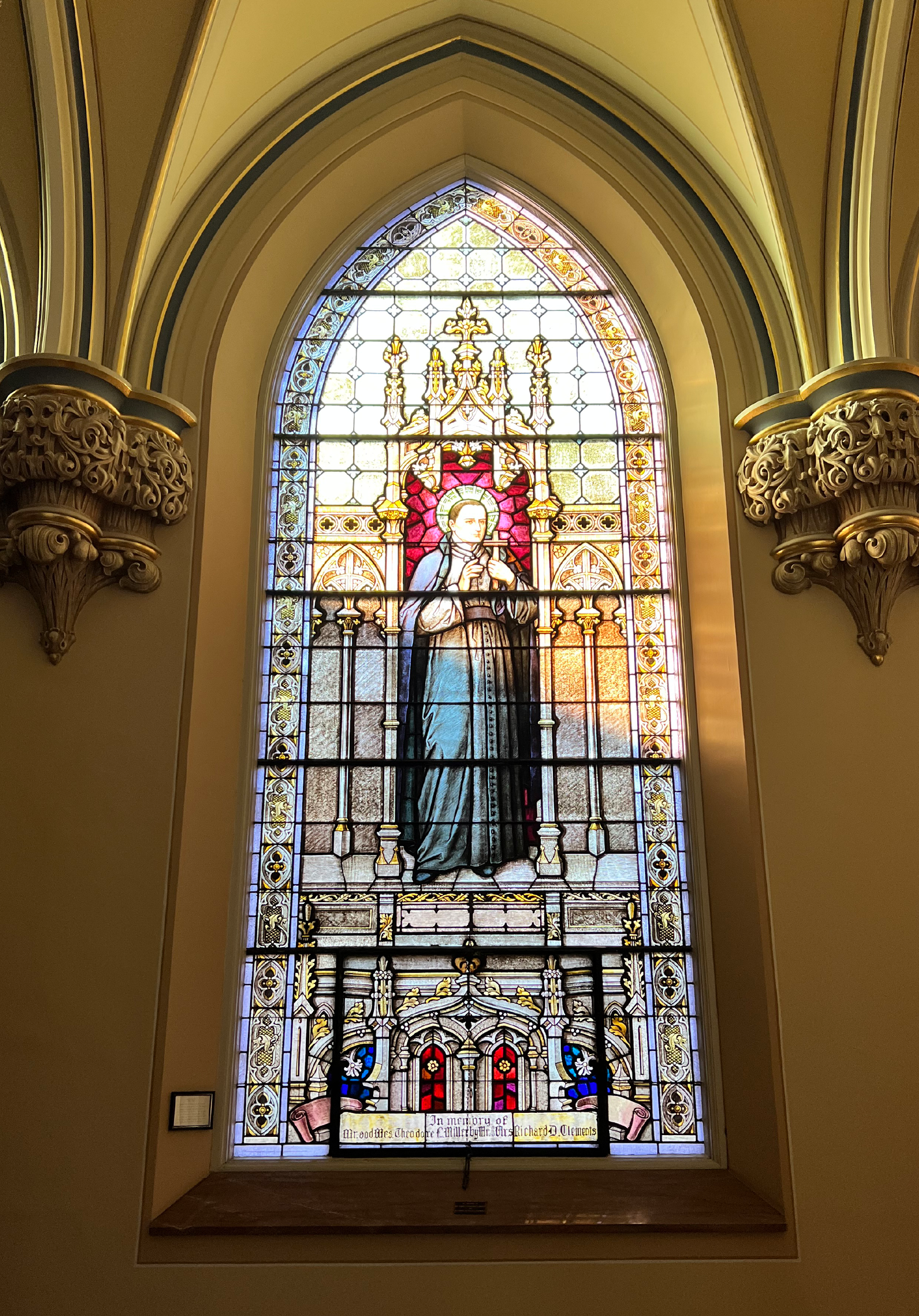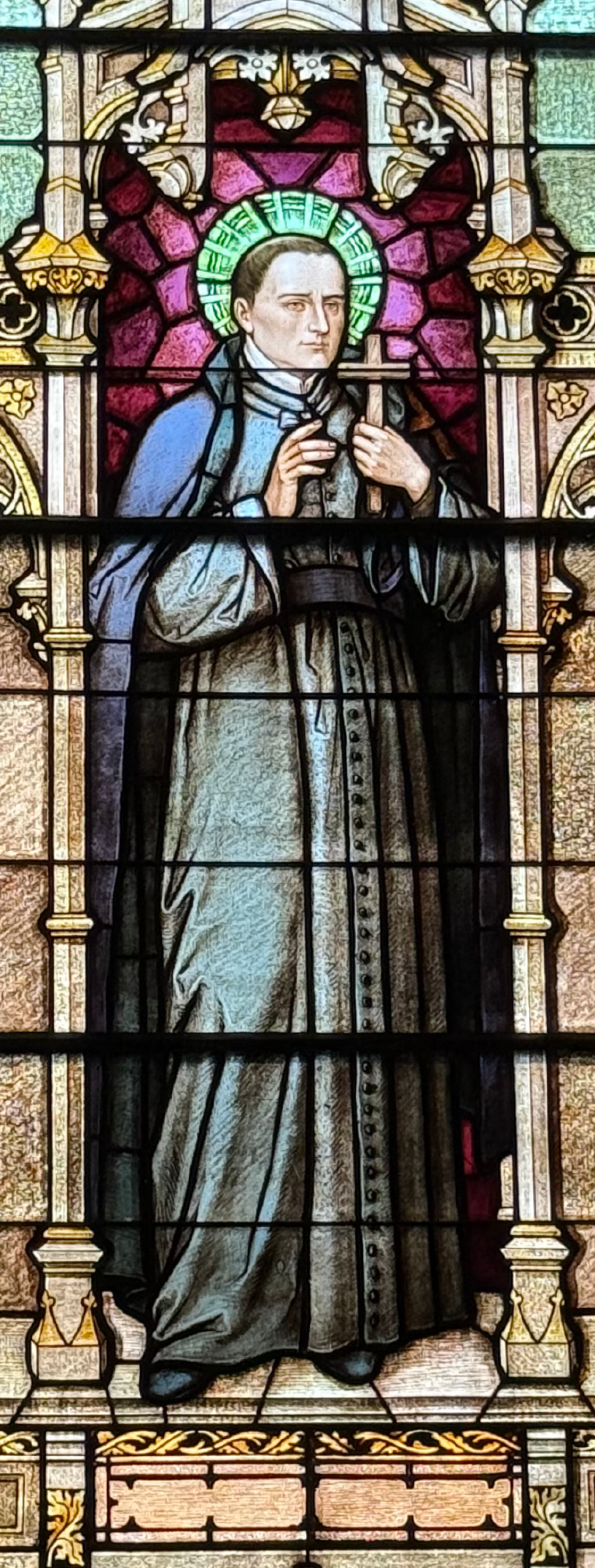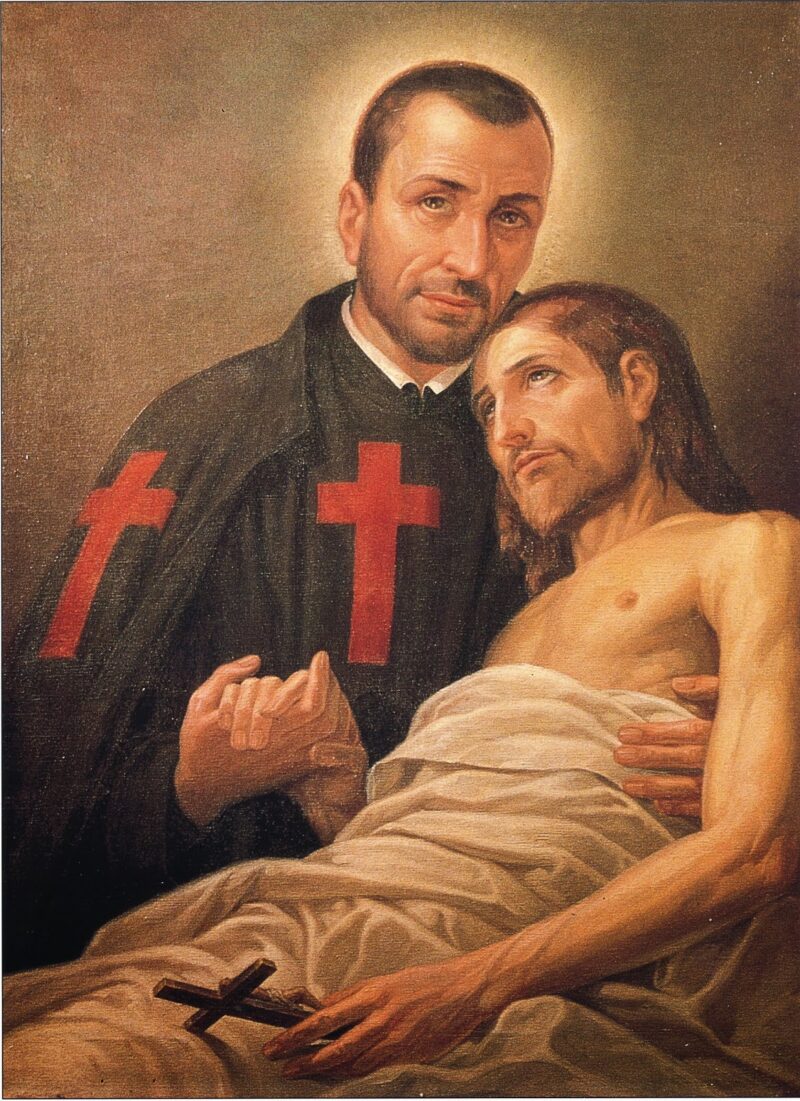Introduction
St. Camillus de Lellis (1550–1614) was an Italian Catholic priest and the founder of the Camillian Order (also known as the Ministers of the Sick). Known for his dedication to the care of the sick and the founding of a religious congregation that emphasized health care as a form of spiritual service, Camillus de Lellis is revered as a patron saint of the sick, hospitals, and nurses. His life was marked by profound personal transformation, a deep spirituality, and an unwavering commitment to alleviating suffering. Camillus was canonized as a saint by the Catholic Church in 1746, and his legacy continues to inspire those working in healthcare and those involved in charitable service.
Early Life and Conversion
Camillus de Lellis was born on May 25, 1550, in the town of Bucchianico, near Chieti, Italy, into a noble family. His early life, however, was troubled. He lost his mother at a young age, and his father, a soldier, was often absent. As a young man, Camillus led a life of indulgence and worldly pursuits, including gambling and military service. He joined the army at the age of 17, where he served for several years, first as a soldier in the Venetian army and later as a mercenary. During this period, he developed a reputation for his harshness and dissolute behavior.
However, his life would take a dramatic turn after a serious illness. While still in the military, Camillus contracted a chronic leg condition that required surgery. This experience led to a profound personal crisis, and he began to reflect on his life and his spiritual condition. After a period of intense prayer and spiritual struggle, Camillus converted to Christianity. He decided to abandon his military career and dedicate himself to the service of others, especially the sick and suffering.
Founding of the Camillian Order
Camillus de Lellis’ conversion led him to study for the priesthood. He was ordained a priest in 1584, but his primary mission was not simply to preach but to care for the sick, particularly the poor and those suffering from diseases such as plague and leprosy. His early efforts included working in hospitals in Rome and personally ministering to patients, often at great personal risk to his own health.
In 1582, Camillus founded the Order of the Ministers of the Sick (commonly known as the Camillians), a religious congregation dedicated to caring for the sick and serving in hospitals. The order, which initially consisted of lay brothers, focused on providing compassionate care to the ill, often in the most dire and unsanitary conditions. The members of the order, known as Camillians, took a special vow to care for the sick, regardless of their condition or social status, and to offer not only physical care but also spiritual support. The order quickly gained recognition for its commitment to health care, and Camillus himself became a model of service and charity.
The Camillian Order was officially recognized by the Pope in 1591, and Camillus’ influence grew throughout Italy. The order established hospitals and health care services across Europe, and its members took part in the care of soldiers, the poor, and the afflicted in various countries.
The Charitable Work and Legacy
Camillus de Lellis became widely known for his dedication to serving the poor, especially the sick and the dying. He frequently visited hospitals, many of which were overcrowded and poorly equipped, and worked tirelessly to improve the conditions for both patients and staff. His ability to organize and manage health care services was pioneering, as he recognized that the spiritual and physical needs of the sick were inseparable.
In addition to his work in hospitals, Camillus was known for his deep spirituality and compassion. He was considered a mystic, with a strong devotion to the Eucharist and the Virgin Mary. His life was characterized by a profound sense of the presence of God in the service of others, and he taught his followers that caring for the sick was a direct expression of serving Christ Himself. His order focused not only on the physical care of the sick but also on their emotional and spiritual needs, which was a significant innovation at the time.
Through his work, Camillus de Lellis helped to raise the status of healthcare as a profession, and his order emphasized the importance of proper training for hospital staff. The Camillian approach to health care was groundbreaking in the sense that it combined religious devotion with professional medical care, and this holistic model of care became a model for future generations.
Sickness and Death
In the later years of his life, Camillus suffered from his own health problems, particularly the leg condition that had plagued him since his military service. He endured a great deal of physical pain, but he never allowed his suffering to impede his work. Camillus died on July 14, 1614, at the age of 64. His death was marked by deep sorrow from those he had served and cared for during his life.
Canonization and Patronage
St. Camillus de Lellis was beatified by Pope Benedict XIV in 1742 and canonized as a saint by Pope Benedict XIII in 1746. His feast day is celebrated on July 14, the anniversary of his death. He is recognized as the patron saint of hospitals, nurses, and the sick, especially those who are suffering from long-term or terminal conditions.
His legacy continues through the work of the Camillian Order, which today operates hospitals, health centers, and missions around the world. The Camillians continue to focus on the care of the sick, particularly in underserved and marginalized communities.
Conclusion
St. Camillus de Lellis’ life stands as a testament to the transformative power of faith and the capacity for personal change. His devotion to the sick and the poor, along with his founding of a religious order dedicated to health care, has left a lasting impact on both the Church and the world. His example challenges individuals and institutions to see healthcare not only as a professional endeavor but as a profound act of spiritual service. As the patron saint of nurses, hospitals, and the sick, St. Camillus remains an enduring symbol of compassion, dedication, and Christian charity.




